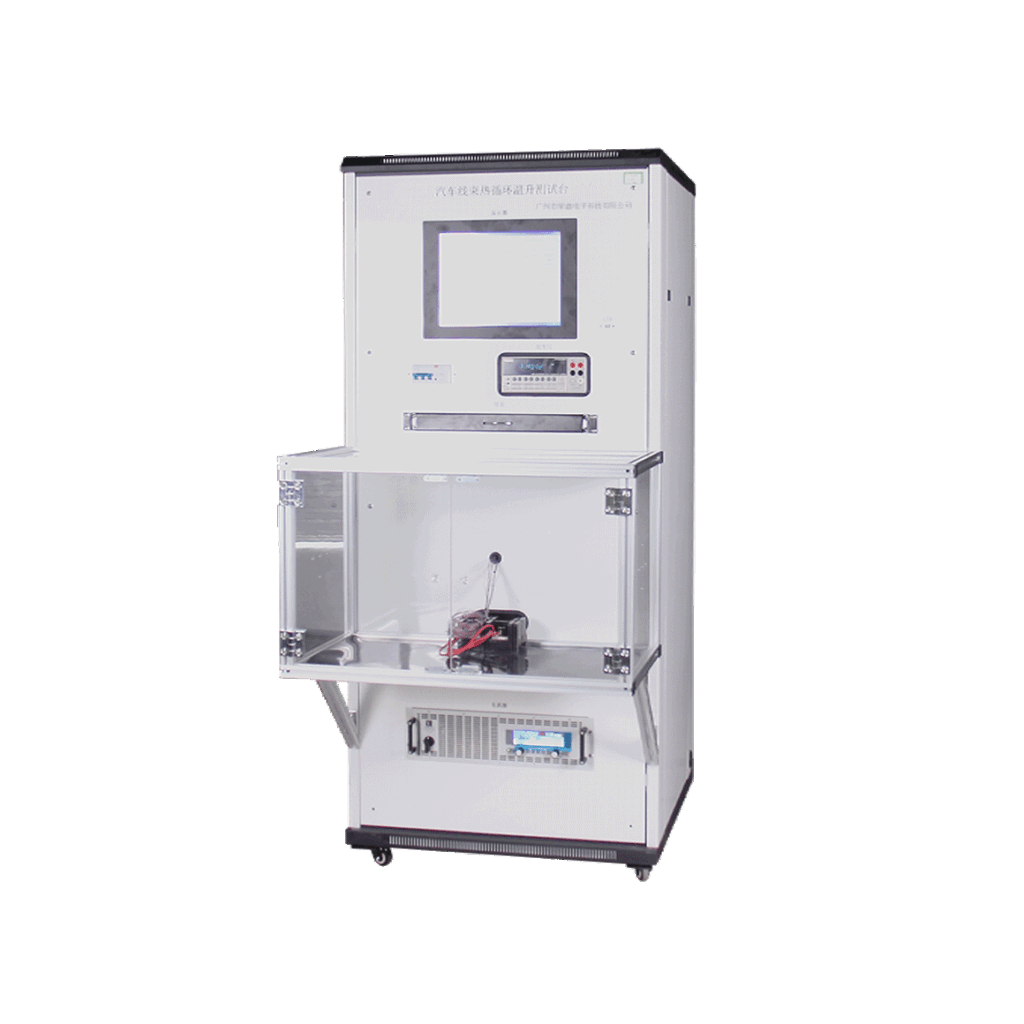In the complex network of electronic devices and power systems, connectors are like “blood vessels,” carrying the critical mission of current transmission. However, this seemingly small component can become a safety hazard due to abnormal temperature rise. Connector temperature rise testing is an “invisible line of defense” that scientifically identifies this potential risk, safeguarding stable equipment operation and personnel safety.
The root cause of connector temperature rise is essentially the energy loss during current transmission. When current passes through the connector’s contact points, contact resistance causes the electrical energy to be converted into heat. If this heat cannot be dissipated quickly, the temperature will continue to rise. This temperature rise can not only accelerate the aging of connector materials—such as softening of the insulation layer and oxidation of the metal contacts—but can also trigger a “vicious cycle” of further increasing contact resistance. In severe cases, it can even lead to circuit shorts, equipment burnout, and even fire. Therefore, temperature rise testing is a core step in verifying the reliability of connectors, whether they are heavy-duty connectors in industrial control systems or micro interfaces in consumer electronics.
Conducting connector temperature-rise testing requires a rigorous process and specialized equipment. Before testing, a test plan must be developed that complies with international or industry standards (such as IEC and UL) based on the connector’s rated current, application scenario, and other parameters. The test environment, including temperature, humidity, and atmospheric pressure, must be clearly defined to ensure the objectivity and comparability of the test results. During testing, a “power-on loading” method is typically employed, applying the rated current or even overload current to the connector via an adjustable power supply. High-precision equipment such as thermocouples and infrared thermometers is used to monitor temperature changes in key areas, such as the connector contacts and housing, in real time.

Our company specializes in connector temperature rise testing equipment. We have extensive experience in temperature rise testing for both AC and DC connectors, and we support custom current specifications. For example, DC 0-200A, 0-500A, and 0-1000A are all customizable. If you are interested in this testing or would like to learn more, please contact us. We look forward to hearing from you.




